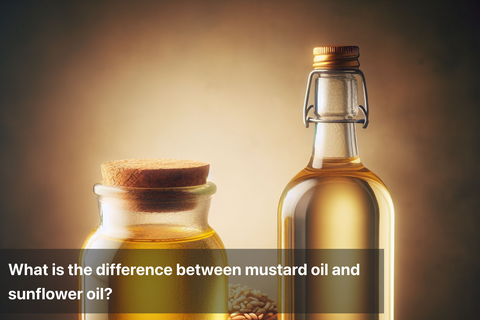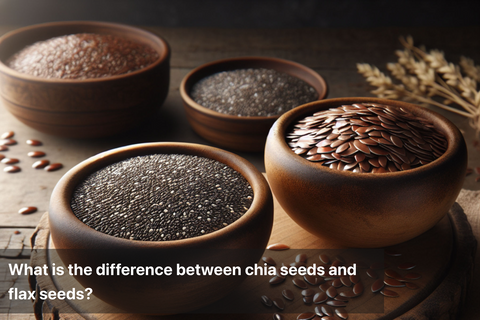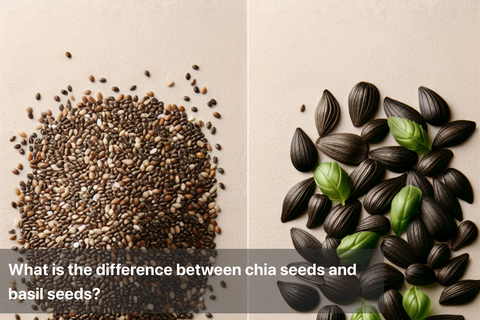
Is soy sauce heathy?
Soy sauce is a fermented condiment that originates from East Asia, particularly China, where its history can be traced back over 2,500 years. Made primarily from soybeans, wheat, salt, and water, it undergoes a fermentation process that enhances its rich umami flavor. As a staple in many culinary traditions, soy sauce is used not only as a seasoning for various dishes such as stir-fries, marinades, and sushi, but also as a dipping sauce.
In Western cuisine, it has found a place in diverse dishes, reflecting the growing popularity of Asian cooking. The flavor profile of soy sauce can range from sweet to savory, depending on the type—such as light soy sauce, dark soy sauce, and tamari.
When it comes to health considerations, one might wonder, "Is soy sauce healthy?" or "Is soy sauce good for health?" Regular consumption can offer some benefits due to its antioxidant properties and ability to enhance the taste of food. However, moderation is crucial due to its high sodium content. Understanding how to integrate soy sauce into your meals while being mindful of its health implications is essential for enjoying this versatile condiment in a balanced diet.

Nutritional Profile of Soy Sauce
|
Nutrient |
Amount per 1 Tablespoon (15 mL) |
% Daily Value (DV) |
|---|---|---|
|
Calories |
10 kcal |
0% |
|
Protein |
1 g |
2% |
|
Fat |
0 g |
0% |
|
Carbohydrates |
1 g |
0% |
|
- Dietary Fiber |
0 g |
0% |
|
- Sugars |
0 g |
— |
|
Sodium |
1000 mg |
43% |
|
Potassium |
50 mg |
1% |
|
Calcium |
10 mg |
1% |
|
Iron |
0.1 mg |
1% |
|
Magnesium |
3 mg |
1% |
|
Phosphorus |
5 mg |
1% |
Potential Health Risks of Soy Sauce
Health Benefits of Soy Sauce:
-
Rich in Antioxidants: Contains compounds like isoflavones, which help fight oxidative stress and inflammation.
-
Good Source of Protein: Provides small amounts of plant-based protein from soybeans.
-
Supports Digestion: Fermented soy sauce contains probiotics, which may aid gut health.
-
May Lower Blood Pressure: Some studies suggest that the fermentation process of soy sauce may help reduce high blood pressure.
-
Improves Bone Health: Soy sauce is a source of calcium and magnesium, supporting bone strength.
Side Effects of Soy Sauce:
-
High Sodium Content: One tablespoon can contain up to 1000 mg of sodium, which may contribute to high blood pressure if consumed in excess.
-
May Cause Allergic Reactions: Some people are allergic to soy, leading to reactions like swelling, itching, or digestive issues.
-
Contains MSG: Many commercial soy sauces contain added monosodium glutamate (MSG), which can trigger headaches or other sensitivities in some people.
-
High in Histamine: Fermented soy sauce can trigger symptoms in those sensitive to histamine, such as headaches or digestive upset.
-
May Contribute to Water Retention: Due to its high salt content, overconsumption of soy sauce can lead to bloating and water retention.
Healthy Alternatives
-
Tamari:
-
What it is: A gluten-free alternative to soy sauce, made from fermented soybeans.
-
Benefits: Typically has a similar taste and consistency to soy sauce but is lower in sodium, making it a healthier option.
-
Best for: People who are sensitive to gluten or looking for a lower-sodium version of soy sauce.
-
-
Coconut Aminos:
-
What it is: A soy- and gluten-free alternative made from the sap of coconut trees, combined with salt.
-
Benefits: Contains about 70% less sodium than traditional soy sauce and has a slightly sweeter taste.
-
Best for: Those on a gluten-free or paleo diet, or anyone wanting a low-sodium option.
-
-
Liquid Aminos:
-
What it is: A liquid made from soy protein (but without the fermentation process of traditional soy sauce).
-
Benefits: It is lower in sodium than regular soy sauce and is rich in amino acids.
-
Best for: Vegetarians, vegans, and people looking for a mild flavor enhancer.
-
-
Miso Paste (Diluted):
-
What it is: Fermented soybeans made into a paste, which can be diluted with water to make a soy sauce alternative.
-
Benefits: Miso is rich in probiotics and has a deep umami flavor, though it can be salty. Diluting it with water can reduce the sodium content.
-
Best for: Those looking for a fermented, umami-rich flavor and health benefits from probiotics.
-
-
Homemade Soy Sauce Substitute:
-
What it is: You can make your own soy sauce alternative at home by combining vegetable broth, apple cider vinegar, molasses, and a bit of salt or coconut aminos.
-
Benefits: You control the ingredients and sodium content, plus you can customize the flavor to your liking.
-
Best for: Those who prefer a homemade and personalized alternative.
-

The Truth About Soy Sauce: Health Benefits and Risks
Understanding the health aspects of soy sauce involves looking at both its nutritional benefits and potential risks. Soy sauce can add flavor to meals and is a source of certain nutrients, but it is crucial to consume it in moderation. The high sodium content in soy sauce is a significant consideration for those managing conditions such as hypertension. While it may be tempting to delve into soy sauce as a go-to condiment in various dishes, balancing flavor and health is essential.
Is soy sauce healthy? The answer lies in how and how much you use it. For many people, soy sauce can be part of a healthy diet when incorporated thoughtfully. It's beneficial to explore lower sodium varieties or alternatives, particularly for those concerned about their salt intake.
When assessing whether soy sauce is good for health, remember that a well-rounded diet includes a variety of flavors and nutrients. Being mindful of portion sizes and exploring substitutes can enhance your meals without compromising your health goals. Ultimately, enjoying soy sauce should be about achieving balance while reaping its culinary rewards.
This Blog post is an initiative by Lo! Foods, to provide accurate and Nutritionist / Doctor approved information related to Health. Lo! Foods is India's leading brand for Everyday Functional Foods. Foods designed for specific Health conditions or Needs. Lo! Foods also runs India's largest range of Low Carb Healthy Cloud Kitchens, under the brand names of Lo!, ProteinChef, ATH (All Things Healthy) and DiabeSmart.











Leave a comment
Your email address will not be published.